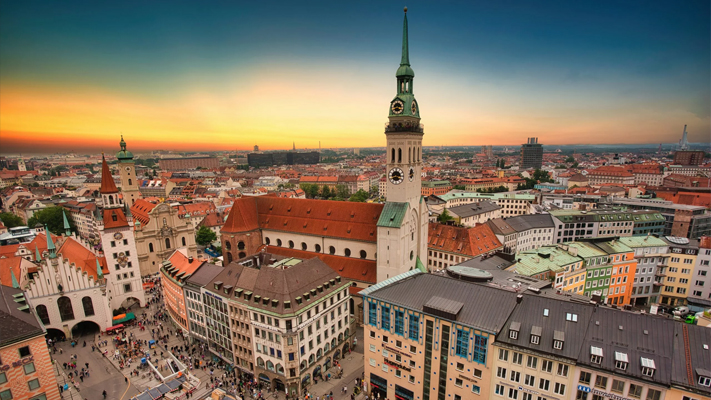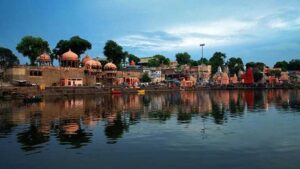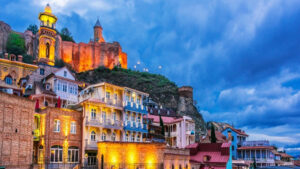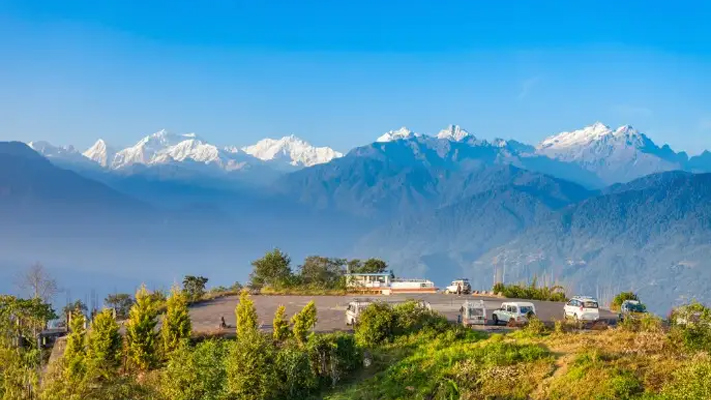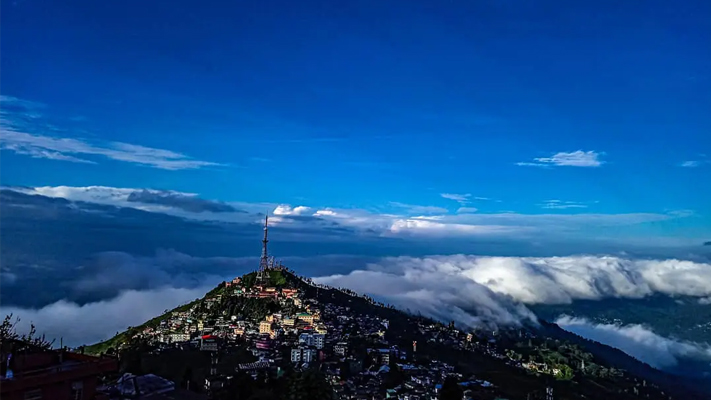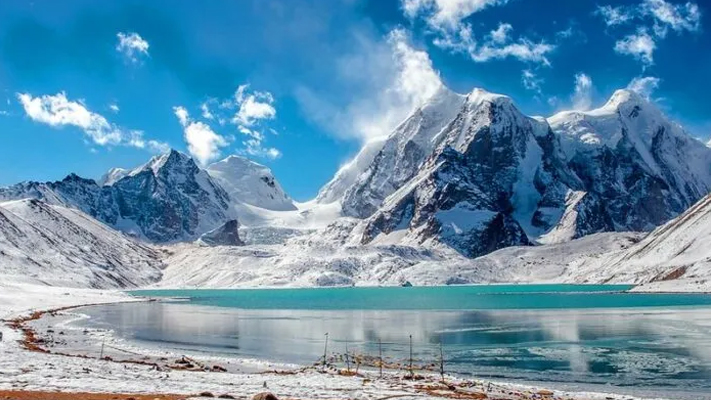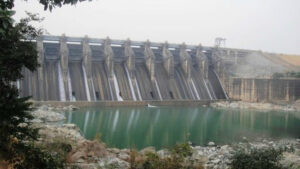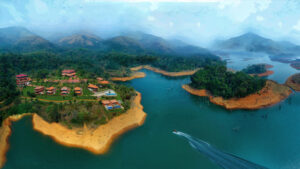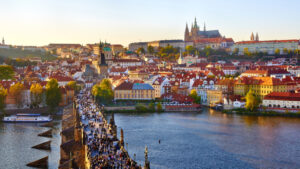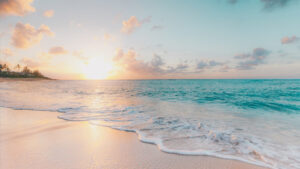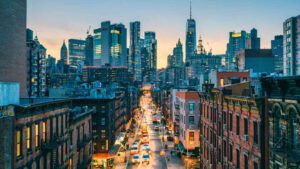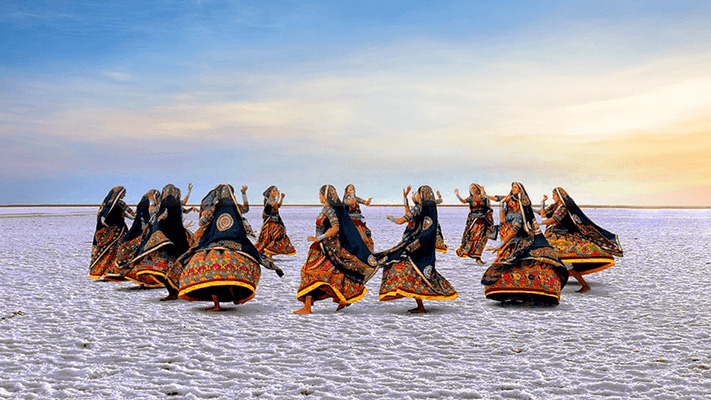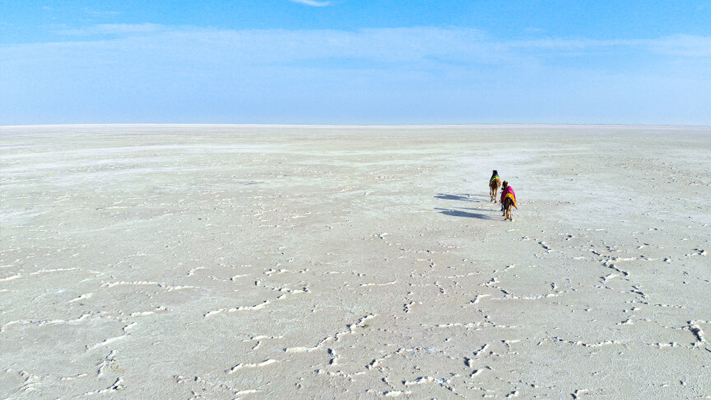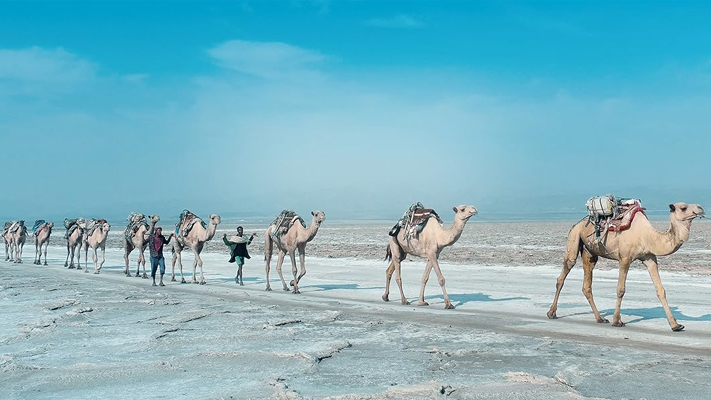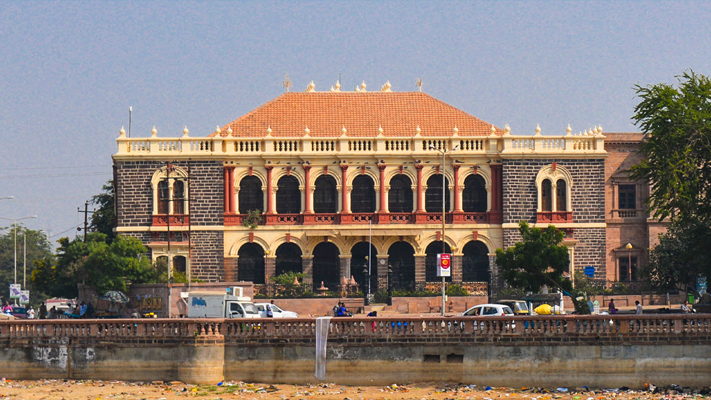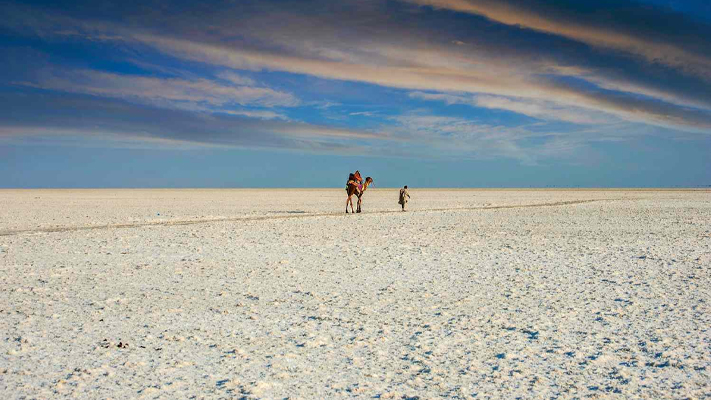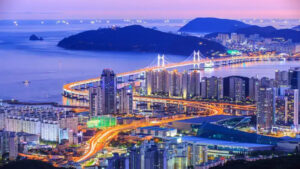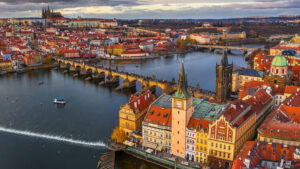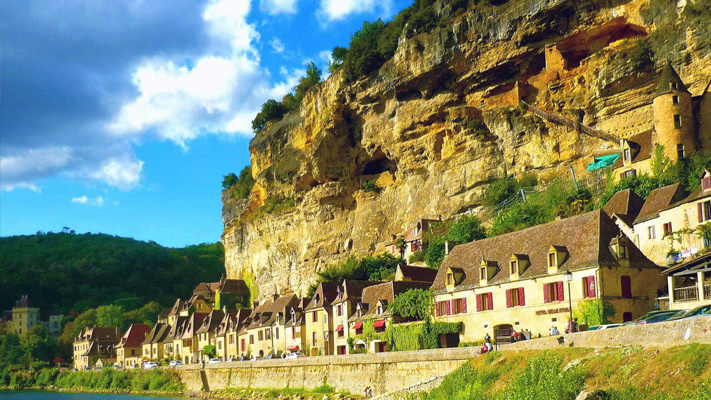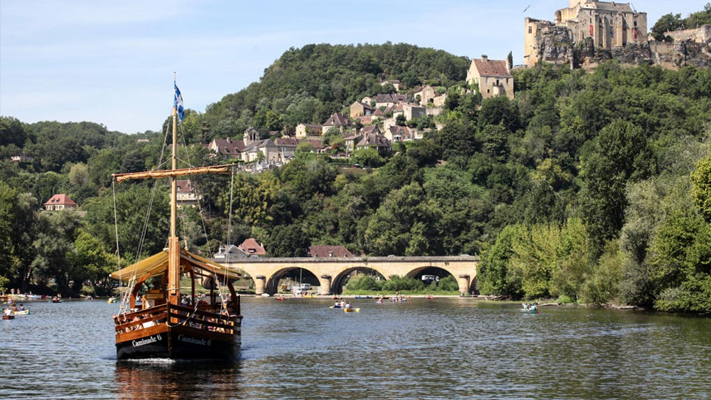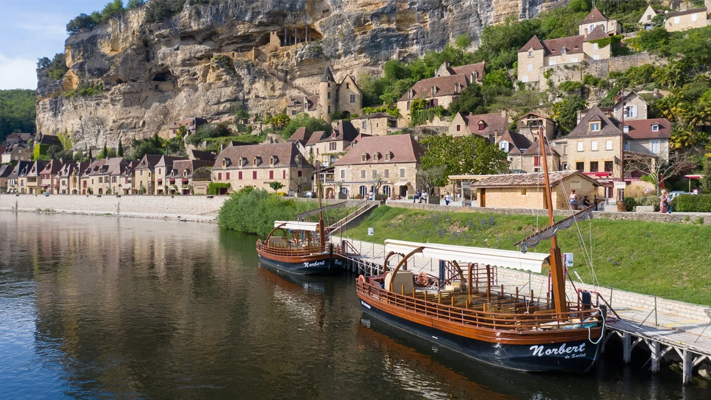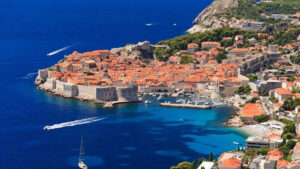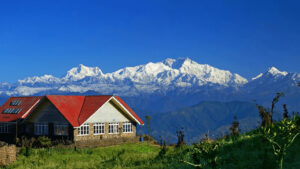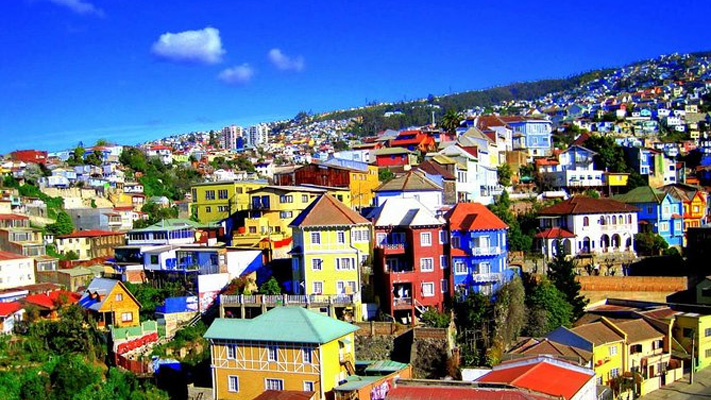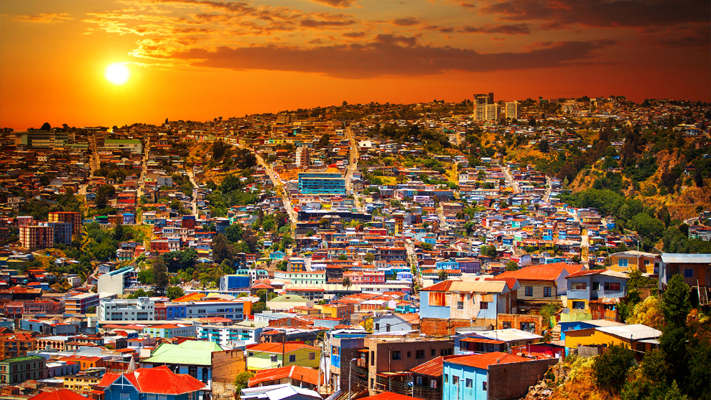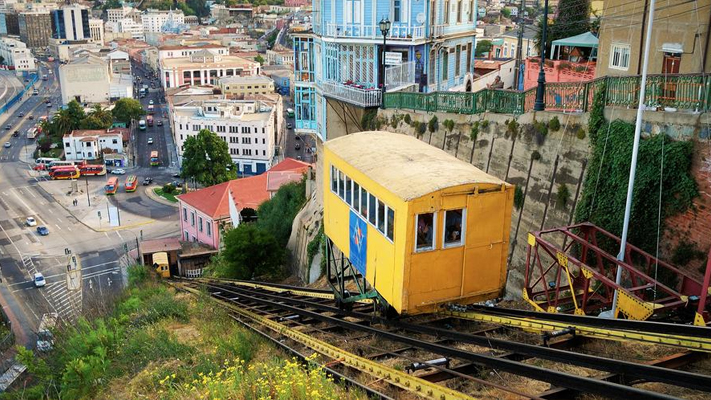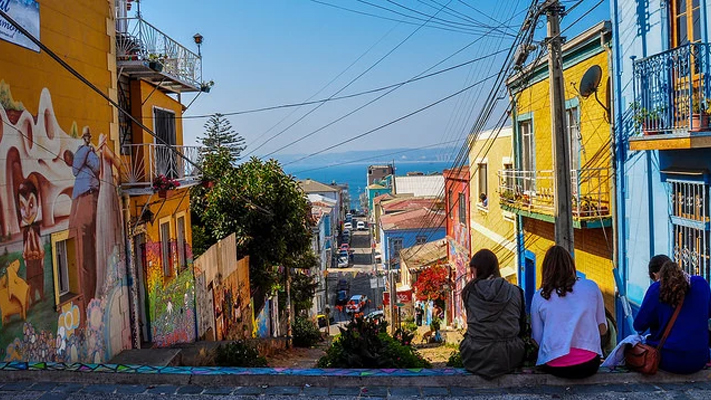FACING THE SUN IN MUNICH, GERMANY – WHERE TRADITION MEETS MODERNITY

Munich, the capital of Bavaria in southern Germany, is a city that seamlessly blends history, culture, and modernity. With its picturesque location on the banks of the River Isar and its proximity to the Bavarian Alps, Munich offers a captivating mix of natural beauty and architectural splendor. Known for its rich heritage, world-class museums, and vibrant cultural scene, Munich attracts visitors from around the globe. Whether you’re exploring its historical landmarks, indulging in its famous beer culture, or immersing yourself in its thriving arts and music scene, Munich is a city that leaves a lasting impression. Here are some key points about Munich:

- Location: Munich is situated on the banks of the River Isar, near the northern edge of the Bavarian Alps. It is approximately 50 kilometers north of the Bavarian/Austrian border.
- Population: As of my knowledge cutoff in September 2021, Munich had a population of around 1.5 million people, making it the third-largest city in Germany.
- Historical Significance: Munich has a long and storied history. It was founded in 1158 and has been the residence of the Bavarian monarchs since the 13th century. The city played a significant role during the Renaissance, the Reformation, and the World War II era.
- Cultural Center: Munich is known for its cultural scene, with numerous museums, theaters, and art galleries. The city is home to several world-class institutions such as the Alte Pinakothek, the Neue Pinakothek, and the Deutsches Museum, which is the world’s largest museum of science and technology.
- Oktoberfest: Munich is famous worldwide for its annual Oktoberfest, a beer festival and carnival held in late September and early October. During this time, millions of visitors from around the globe come to Munich to enjoy beer, traditional Bavarian food, music, and amusement rides.
- Architectural Highlights: Munich boasts a mix of architectural styles. The city center features a blend of Gothic, Renaissance, Baroque, and neo-classical buildings. Notable landmarks include the Frauenkirche (Cathedral of Our Lady), the Residenz (former royal palace), and the Nymphenburg Palace.
- Strong Economy: Munich has a robust economy and is home to several multinational corporations, including BMW, Siemens, and Allianz. The city is often regarded as one of Europe’s leading technology and innovation hubs.
- Quality of Life: Munich consistently ranks highly in quality-of-life surveys, with its excellent healthcare, education, infrastructure, and recreational opportunities contributing to its appeal. The city’s beautiful parks and gardens, such as the English Garden, provide residents and visitors with ample outdoor spaces to relax and unwind.
- Sports: Munich has a strong sporting tradition. The city is home to FC Bayern Munich, one of the most successful football (soccer) teams in Europe, and the Allianz Arena, their iconic stadium. Munich also hosted the 1972 Summer Olympics.

Activities to Make Your Trip Enjoyable
There are plenty of activities that tourists can enjoy when visiting Munich. Here are some popular options:
1. Visit the Museums and Art Galleries: Munich is home to many world-class museums and galleries, including the Alte Pinakothek, the Neue Pinakothek, and the Pinakothek der Moderne. These museums house collections of fine art, ranging from Old Masters to contemporary art.
2. Explore the city’s architecture: Munich has a rich architectural heritage, and visitors can take in its beautiful buildings and landmarks by taking a walking tour of the city’s historic center. Some must-see buildings include the Frauenkirche, the Nymphenburg Palace, and the Residenz.
3. Experience Bavarian culture: Munich is the capital of Bavaria, and visitors can experience the region’s culture through its food, drink, and traditions. This includes visiting a traditional beer garden, trying Bavarian cuisine, and attending a folk festival or market.
4. Enjoy outdoor activities: Munich is surrounded by beautiful countryside, and visitors can take advantage of the many outdoor activities available, such as hiking, cycling, and boating.
5. Attend cultural events: Many cultural events are held throughout the year, such as the annual Oktoberfest, the Munich Film Festival, and the Munich Opera Festival.
6. Shop at the Markets: Munich is known for its many markets, such as the Viktualienmarkt, a large outdoor market that sells fresh produce, meats, and other local specialties.
7. Shop at the Midnightbazar: Held every other Saturday, starting at 5 in the evening, one can come across great bargains. Haggling for the best price can be practiced.

Places to Visit
Munich is home to numerous attractions and places to visit that cater to a wide range of interests. Here are some of the top attractions in Munich:
1. Marienplatz: The central square of Munich, Marienplatz, is a must-visit. It is surrounded by stunning architecture, including the New Town Hall with its famous Glockenspiel, which comes alive with a colorful display at certain times of the day.
2. Nymphenburg Palace: Explore the magnificent Nymphenburg Palace, a stunning Baroque palace that was the summer residence of Bavarian rulers. The palace features beautifully landscaped gardens and is home to several museums and art collections.
3. English Garden: One of the largest urban parks in the world, the English Garden offers a peaceful retreat from the city’s hustle and bustle. You can stroll along its paths, relax by the lakes, and even watch surfers catch a wave on the Eisbach River.
4. BMW Museum and BMW Welt: Car enthusiasts will enjoy visiting the BMW Museum and BMW Welt. Learn about the history of BMW and see a collection of their iconic cars, or explore the futuristic BMW Welt, a multi-functional exhibition space and delivery center.
5. Frauenkirche: The Frauenkirche, or Cathedral of Our Lady, is a Munich landmark. Its distinctive twin towers dominate the city’s skyline. Climb to the top for panoramic views of Munich.
6. Residenz: The Residenz is a former royal palace and one of Europe’s largest city palaces. Explore its opulent rooms, courtyards, and gardens, and admire the extensive art collection.
7. Viktualienmarkt: Food lovers should visit Viktualienmarkt, a bustling open-air market where you can find a variety of fresh produce, gourmet foods, and traditional Bavarian delicacies.
8. Pinakothek Museums: Munich is home to several renowned art museums, collectively known as the Pinakothek Museums. The Alte Pinakothek houses a vast collection of European paintings, the Neue Pinakothek showcases art from the 19th century, and the Pinakothek der Moderne exhibits contemporary art, design, and architecture.
9. Dachau Concentration Camp Memorial Site: Located just outside Munich, the Dachau Concentration Camp Memorial Site serves as a poignant reminder of the atrocities committed during World War II. It provides insight into the Holocaust and offers a sobering educational experience.
10. Oktoberfest: If you visit Munich in late September or early October, don’t miss the world-famous Oktoberfest. Join millions of visitors in celebrating Bavarian culture, enjoy traditional music, food, and, of course, beer.

Best Time to Travel
The best time to travel to Munich depends on what you’re interested in and what activities you want to do. Here are some things to consider:
1. Weather: The weather in Munich is generally mild, with warm summers and cold winters. If you want to enjoy outdoor activities and sightseeing, the best time to travel is during the summer months from June to August, when temperatures are pleasant and rainfall is lower.
2. Festivals and Events: Munich is known for its many festivals and events, such as the world-famous Oktoberfest, which takes place in late September and early October. Other popular events include the Munich Film Festival in June and the Tollwood Winter Festival in December.
3. Crowds: Munich is a popular tourist destination, and some attractions can be crowded during peak travel seasons. If you want to avoid crowds, consider traveling during the shoulder season, from March to May or September to November, when there are fewer visitors and lower prices.
4. Prices: The cost of travel and accommodation can vary depending on the time of year. The high season, from June to August and during festivals, can be more expensive, while the shoulder season and low season, from November to March, can offer lower prices.


